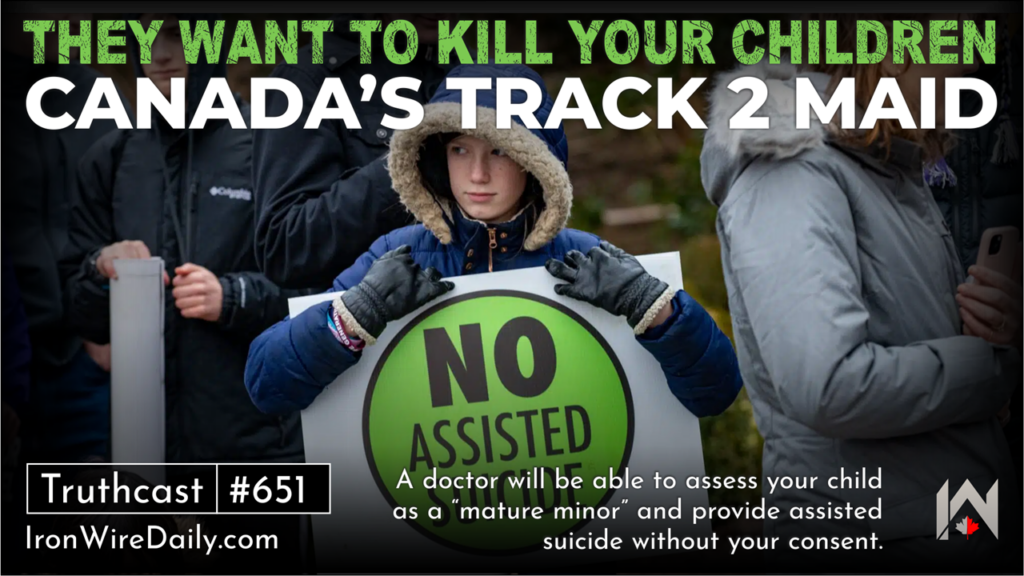Petition calls on the US Food and Drug Administration to investigate assisted suicide drug cocktails

To the FDA’s Compounding Incidents Program, (Link to sign the online petition).
The petitioners draw your attention to the following:
Whereas the compounded drug cocktails being used for assisted suicide have had high rates of overdose, failure of expected pharmacological action, and adverse experiences associated with their use for assisted suicide; and;
Whereas the experiments that continue to be done to develop the compounded drug cocktails used for assisted suicide violate the U.S. Department of Health and Human Services’ regulations for the protection of human subjects under 45 CFR part 46;
Therefore, we call on the Food and Drug Administration (FDA) to investigate the adverse drug experiences with the compounded drug cocktails used for assisted suicide.
(Link to sign the online petition).
Information:
Despite claims that assisted suicide is a painless death, complications with assisted suicide remain common, and in fact have increased over the last decade. The FDA’s Compounding Incidents Program aims to protect the public against poor quality compounded drugs, yet no research has been done on whether the assisted suicide cocktails currently in use meet current standards.
An article by Manuela Callari published by Medscape on March 13, 2025, asked the question, “Do We Know Enough About Assisted Dying Drugs?” (1) Claud Regnard, MD, a retired palliative medicine consultant in the UK told Medscape:
“The amount of evidence supporting the use of these drugs is astoundingly small. The last study looking at efficacy and side effects was published 25 years ago, using data from 10 years earlier.
“You wouldn’t allow this in any way with any other sort of drugs,” Regnard said. In a 2022 study, he found that drugs used for assisted dying have not undergone the usual level of scrutiny.(2)
The pharmacokinetics and pharmacodynamics of these drugs at high doses remain poorly understood. “We extrapolate from therapeutic doses, but we have no proper data on what happens at lethal doses,” Regnard said. “That’s not science—that’s guesswork.”
Based on the Oregon data we know that there are serious problems with the use of compounded drugs for assisted suicide.
The 2023 Oregon Death with Dignity Act report indicated that the longest time for an assisted suicide death was 137 hours (five days plus 17 hours) and the assisted suicide complications rate was almost 10%. In Oregon, complications are only reported when a health care provider is present at the death. In 2023, there were ten known complications based on 102 reports from health care providers. (3)
Regarding the assisted suicide drug trials, JoNel Aleccia reported the following for The Seattle Times on March 5, 2017:
[Dr. Carol] Parrot and [Dr. Robert] Wood are part of a seven-member group of doctors in the Northwest who came up with the three-drug protocol after Valeant Pharmaceuticals Inc. acquired the rights to secobarbital, known as Seconal, in 2015 and raised the price sharply.
“We wanted the new drug regime to be safe, reliable and effective—and cost $500 or less,” said Parrot.
Earlier in the article, Aleccia states,
The first Seconal alternative turned out to be too harsh, burning patients’ mouths and throats, causing some to scream in pain. The second drug mix, used 67 times, has led to deaths that stretched out hours in some patients—and up to 31 hours in one case. (4)
Lisa Krieger’s article, published in Medical Xpress on September 8, 2020, also reported on the lethal drug cocktail trials:
A little-known secret, not publicized by advocates of aid-in-dying, was that while most deaths were speedy, others were very slow. Some patients lingered for six or nine hours; a few, more than three days. No one knew why, or what needed to change.
“The public thinks that you take a pill and you’re done,” said Dr. Gary Pasternak, chief medical officer of Mission Hospice in San Mateo. “But it’s more complicated than that.” (5)
Doctors who participate in assisted suicide developed lethal compounded drug cocktails with human trials. The developers were concerned with the lethal efficacy and cost of the drug cocktail as opposed to the negative consequences associated with its use. The assisted suicide drug cocktail trials appear to have violated the Nuremburg Code.
We, the petitioners, call on the FDA to perform an investigation into the use of compounded drug cocktails used for assisted suicide based on the high rates of adverse experiences and into the experiments done to develop the assisted suicide drug cocktails that appear to have violated 45 CFR part 46.
References:
- ManuelaCallari, “Do We Know Enough AboutAssisted Dying Drugs?” Medscape, March 13, 2025 https://www.medscape.com/viewarticle/do-we-know-enough-about-assisted-dying-drugs-2025a100064q?form=fpf,accessed June 16, 2025.
- Worthington,A., Finlay, I., and Regnard C. (March 10, 2022). Efficacy and safety of drugsused for ‘assisted dying’ British Medical Bulletin. 142:15-22. https://doi.org/10.1093/bmb/idac009
- OregonDeath with Dignity Act 2023 report https://www.oregon.gov/oha/PH/PROVIDERPARTNERRESOURCES/EVALUATIONRESEARCH/DEATHWITHDIGNITYACT/Documents/year26.pdf,accessed June 16, 2025.
- JoNelAleccia, “Northwest doctors rethink aid-in-dying drugs to avoid prolongeddeaths,” The Seattle Times, October5, 2017, https://www.seattletimes.com/seattle-news/health/northwest-doctors-rethink-aid-in-dying-drugs-to-avoid-prolonged-deaths/,accessed June 16, 2025.
- LisaKreiger, “Doctors seek life-ending drugs that smooth the way for the terminallyill,” The Medical Express, September8, 2020, https://medicalxpress.com/news/2020-09-doctors-life-ending-drugs-smooth-terminally.html,accessed June 16, 2025.















